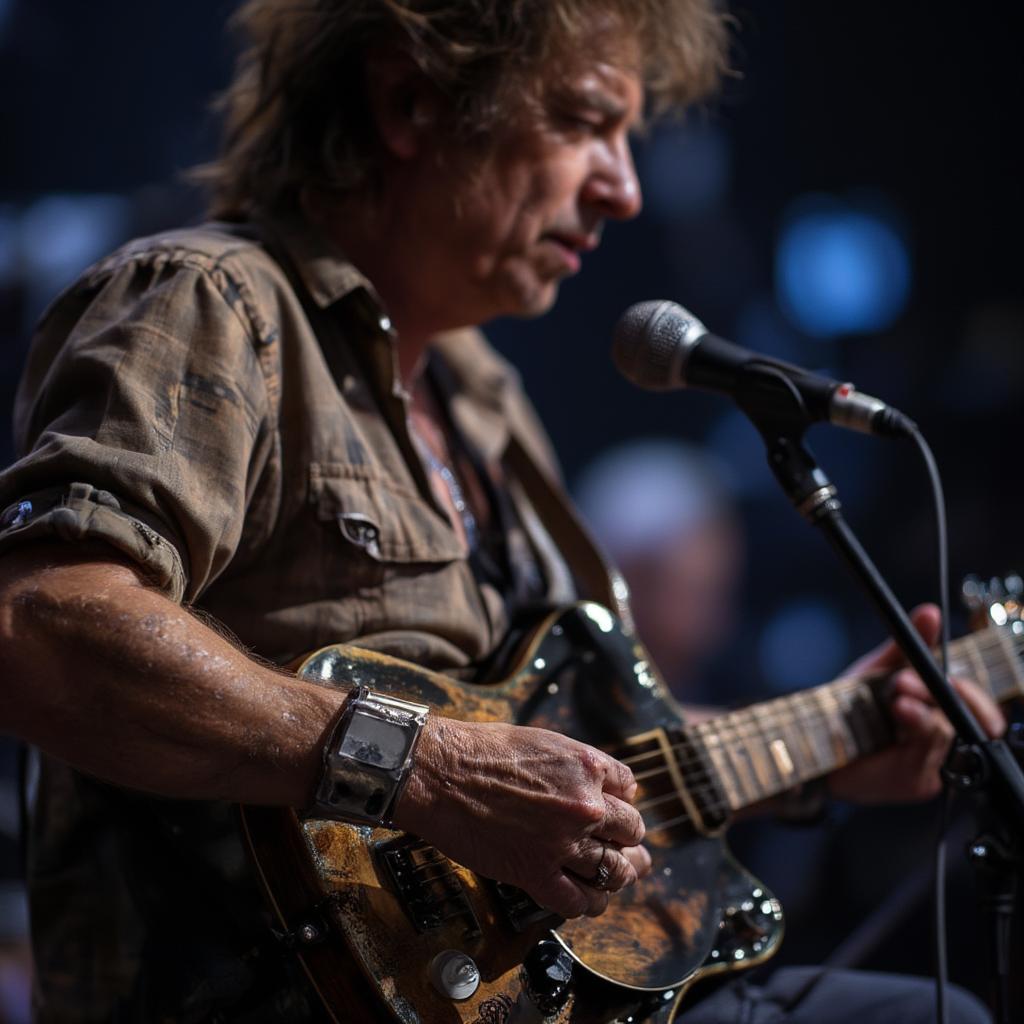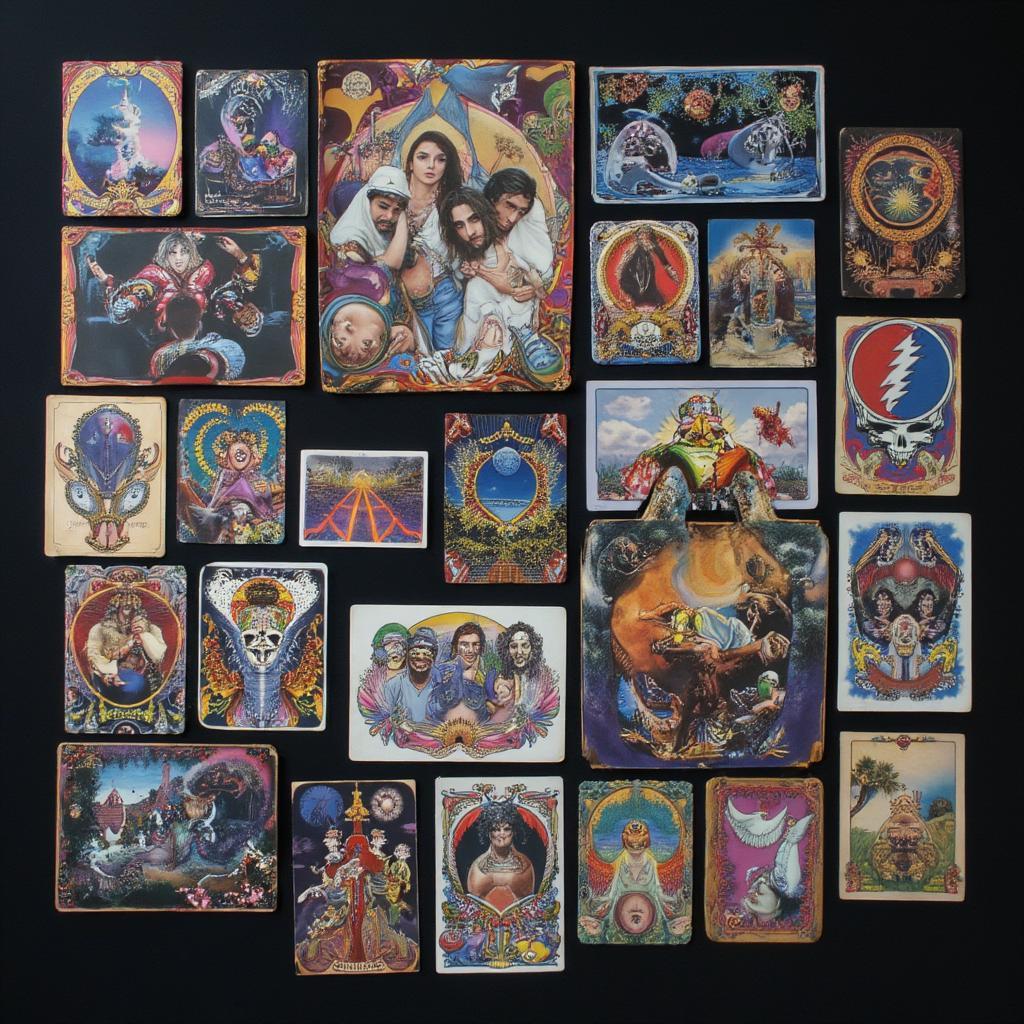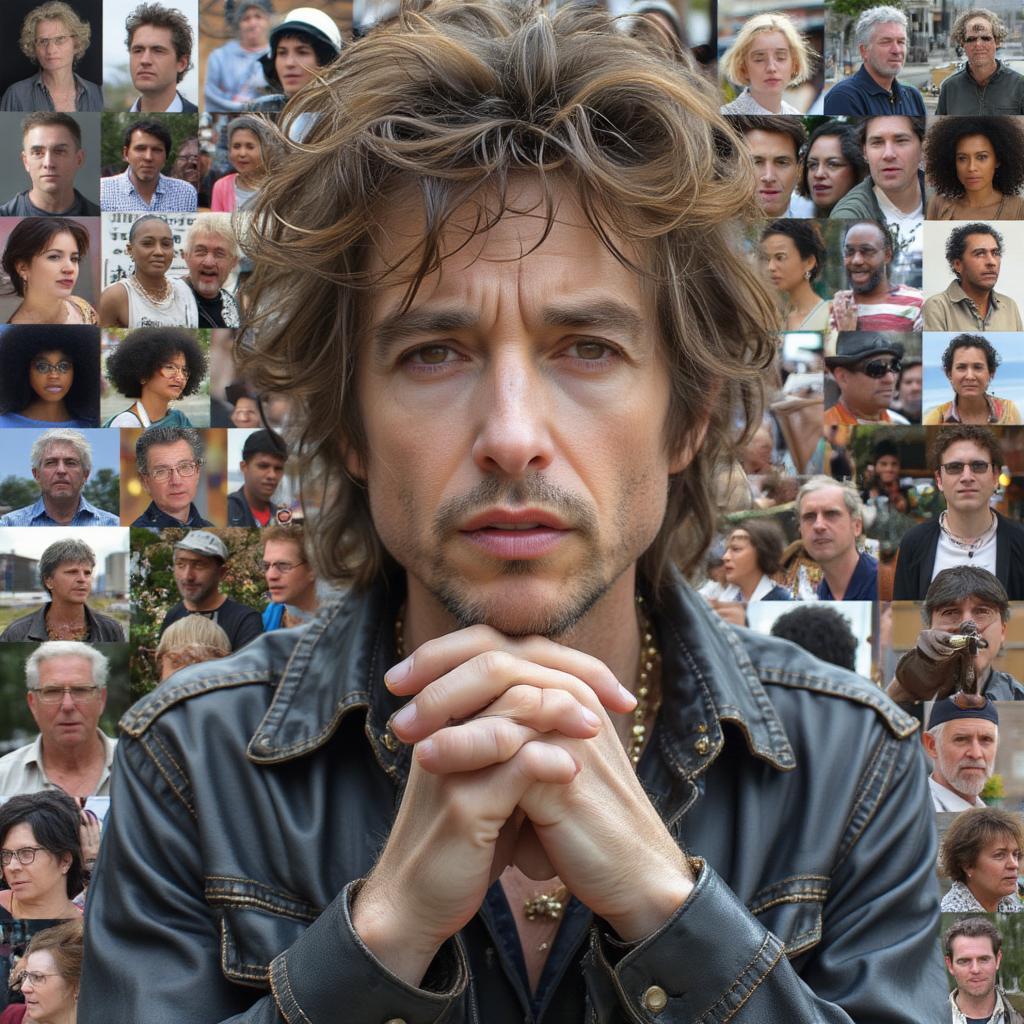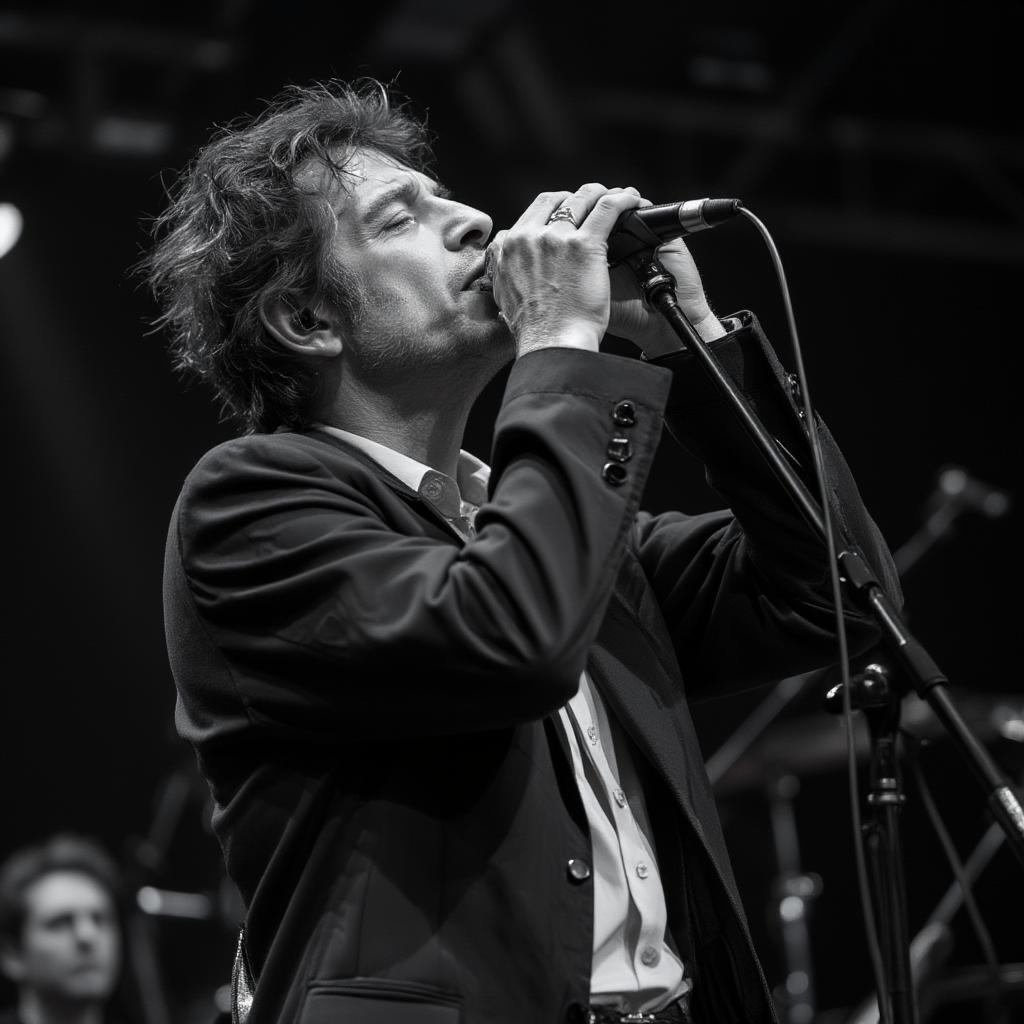Bob Dylan and Martin Luther King: Echoes of Freedom in the Wind
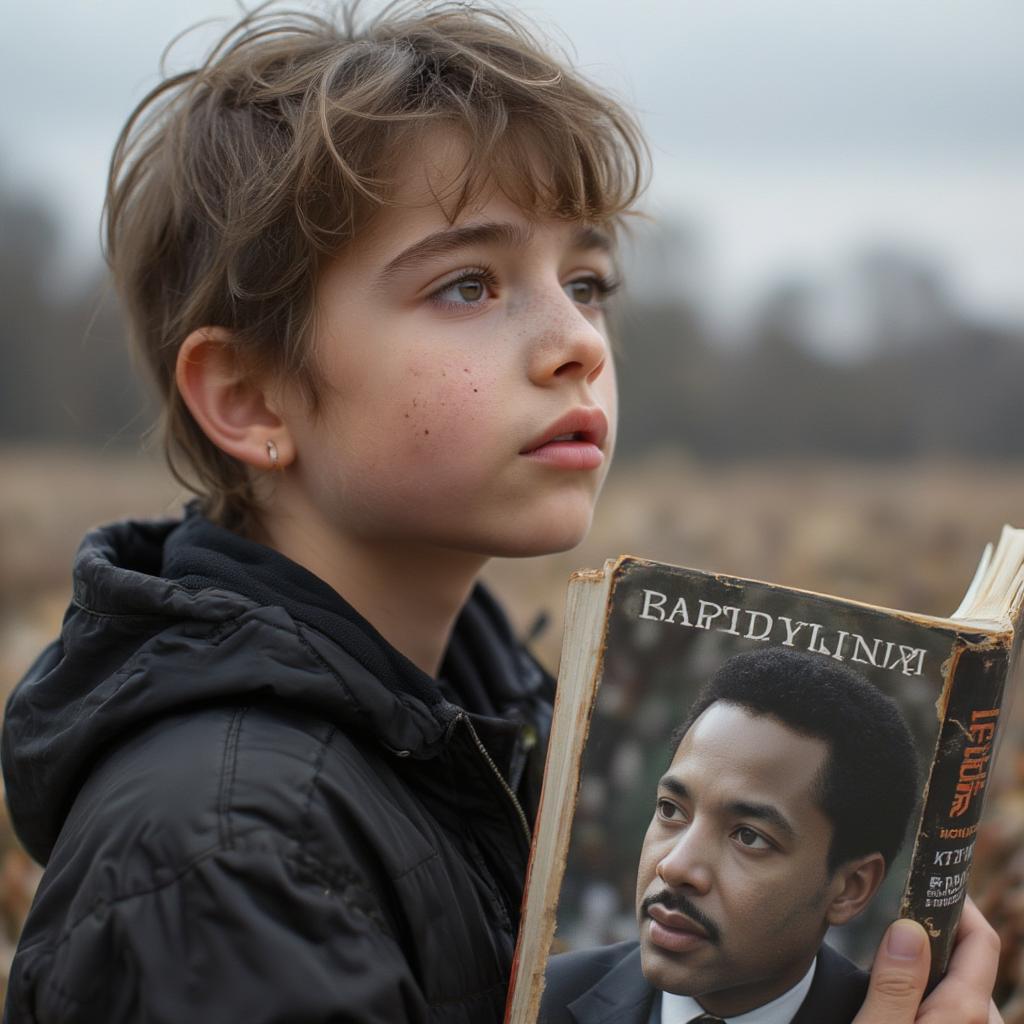
The year was 1963. The air crackled with change. Bob Dylan, the enigmatic voice of a generation, and Martin Luther King Jr., the unwavering champion of civil rights, both stood as beacons amidst the turbulent currents of American society. While one wielded a guitar and poetic lyrics, the other commanded a pulpit and the power of oratory, their messages resonated with a shared yearning for freedom and equality. Both men, in their distinct ways, challenged the status quo, ignited the flames of social change, and left an enduring legacy that continues to inspire generations.
The Times They Were a-Changin’: Shared Struggles for Freedom
The early 1960s witnessed a convergence of artistic expression and social activism. Bob Dylan, with his poignant lyrics and rebellious spirit, became the voice of the counterculture movement, capturing the disillusionment and yearning for change that permeated American society. Simultaneously, Martin Luther King Jr. led the civil rights movement, fighting tirelessly for racial equality and justice. Both men confronted the deeply ingrained prejudices and systemic inequalities of their time, albeit through different avenues. Dylan’s music, like “The Times They Are a-Changin’,” became anthems for a generation demanding social and political transformation, echoing Dr. King’s calls for freedom and equality. They both understood that true freedom transcended societal barriers and resided in the human spirit. As Dylan sang in “Blowin’ in the Wind,” the answers to society’s most pressing questions were not found in dogma but in the collective conscience of a nation awakening to its own injustices. This period, much like the spirit captured in the rolling thunder revue, was a time of intense creative and social ferment.
Beyond the March: The Power of Words and Music
While Dr. King led marches and delivered powerful speeches, Dylan’s music resonated with the same message of hope and resistance. Songs like “Oxford Town” and “The Lonesome Death of Hattie Carroll” directly addressed racial injustice and inequality, mirroring the themes central to Dr. King’s activism. Dylan’s folk ballads, with their raw emotion and stark imagery, painted vivid pictures of the human cost of prejudice and discrimination, much like King’s sermons painted pictures of the promised land. The power of their words lay not just in their content, but in their ability to connect with people on an emotional level, to stir their consciences and inspire them to action. This potent combination of music and message cemented Dylan’s role as a chronicler of the civil rights struggle and an artist deeply engaged with the social and political landscape of his time. His artistry, though different in form, mirrored the moral clarity and passionate conviction of Dr. King’s activism.
A Legacy of Inspiration: How Did Bob Dylan Influence the Civil Rights Movement?
Did Bob Dylan directly influence the strategic direction of the Civil Rights Movement led by Martin Luther King Jr.? Perhaps not in a tangible, organizational sense. However, his impact was undeniably profound in shaping the cultural climate that fostered the movement’s growth. Dylan’s music provided a soundtrack to the struggle, giving voice to the anxieties, frustrations, and hopes of a generation grappling with societal injustice. His songs served as a rallying cry for young people, fueling their passion for change and encouraging them to question authority. While Dr. King articulated the movement’s moral and philosophical foundations, Dylan provided an emotional and artistic outlet for its ideals, extending its reach far beyond the confines of political rallies and speeches. Both men, in their unique ways, contributed to a cultural shift that made the fight for civil rights a defining moment in American history. Similar cultural shifts were seen surrounding events like those detailed in bob dylan 1967.
The Echoes of Freedom: Lasting Impact on Society
The legacies of Bob Dylan and Martin Luther King Jr. continue to resonate in contemporary society. Their unwavering commitment to social justice and their courage to challenge the status quo remain powerful examples for activists and artists today. Dylan’s music continues to inspire new generations to question injustice and strive for a more equitable world. King’s message of nonviolent resistance and his dream of a society free from racial prejudice remain cornerstones of the ongoing fight for equality. Their combined impact transcends their individual contributions, forming a powerful testament to the enduring human desire for freedom and justice. Both men showed that art and activism can be powerful catalysts for change, inspiring individuals to engage with the world around them and to fight for a better future.
Expert Insight: Dr. Emily Carter, Professor of American History at Columbia University, notes: “Dylan’s music captured the spirit of the times, providing a cultural context for the civil rights movement. His songs resonated with young people who were questioning traditional values and seeking a more just society.”
The Ballad of Freedom Continues: Reflecting on Their Shared Legacy
What can we learn from the parallel journeys of Bob Dylan and Martin Luther King Jr.? Both men understood that true freedom is not a passive state but an active pursuit, a constant struggle against injustice and inequality. Their combined legacy reminds us that art and activism can be powerful forces for change, capable of shaping public opinion and inspiring collective action. As we continue to grapple with issues of social justice in our own time, the echoes of their voices – one singing, one speaking – remind us that the fight for freedom is an ongoing journey, a ballad that continues to be written with each generation. We must not forget the lessons of history, lessons embodied in their work, reminding us to challenge injustice wherever we find it, to raise our voices against oppression, and to strive for a world where all people are truly free. Just as the intricacies of Dylan’s career continue to be debated, as seen in discussions about whether bob dylan overrated, the importance of his and King’s contributions to social change remains undeniable.

In conclusion, Bob Dylan and Martin Luther King Jr., though distinct in their approaches, both contributed significantly to the fight for freedom and equality during a pivotal era in American history. Their enduring legacy reminds us of the transformative power of art and activism, and their intertwined stories continue to inspire us to strive for a more just and equitable world. The echoes of their voices, one in song and one in speech, remind us that the fight for freedom is a never-ending journey. Their message resonates today, reminding us that the times, they are still a-changin’, and that the struggle for justice requires constant vigilance and unwavering commitment. The parallels between their lives and work, much like the examination of a specific period in bob dylan 1980s, offers a valuable lens through which to understand the complex interplay of art, culture, and social change. Further insights into Dylan’s creative process can be found in explorations like bob dylan a year and a day.

